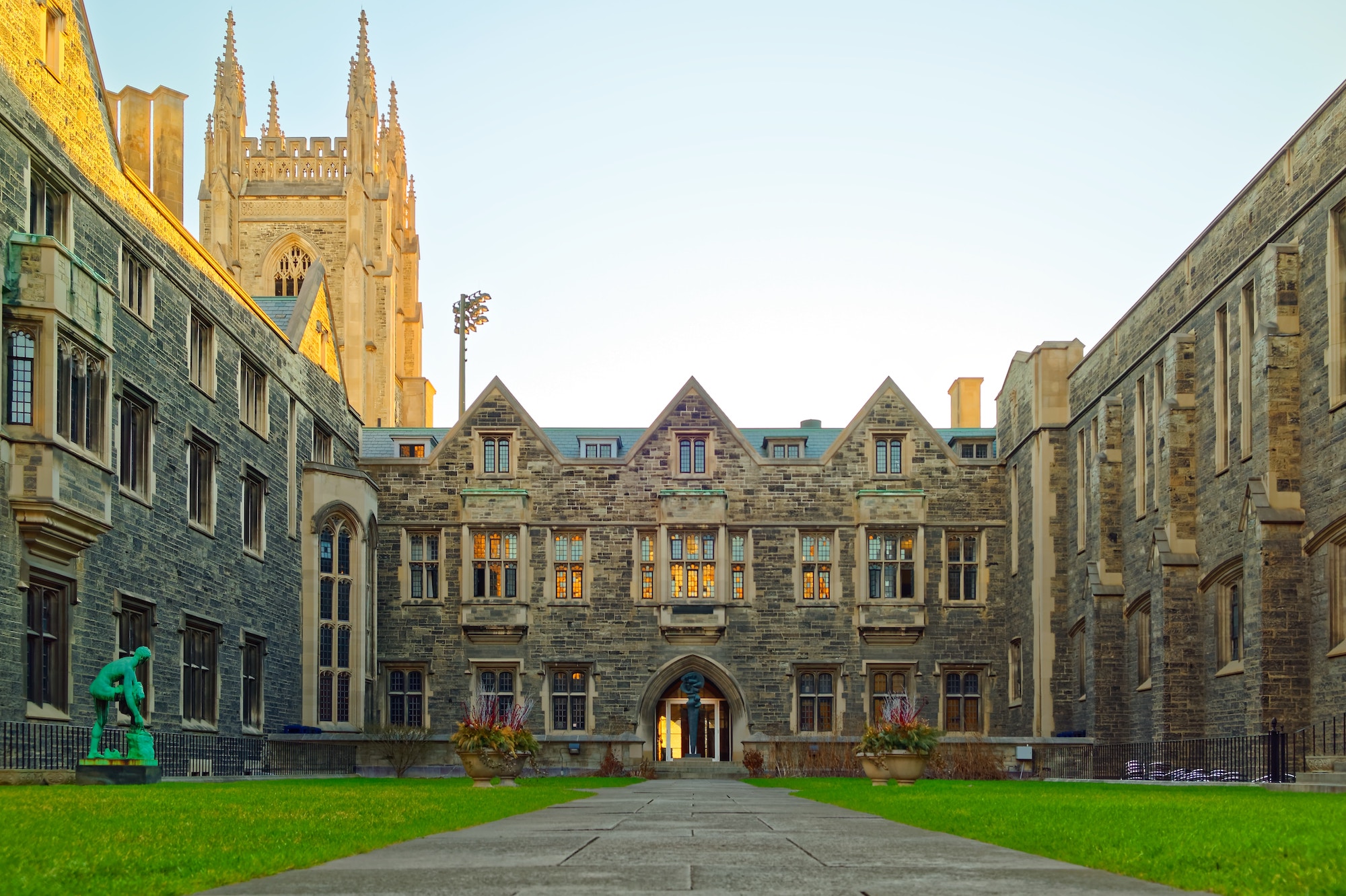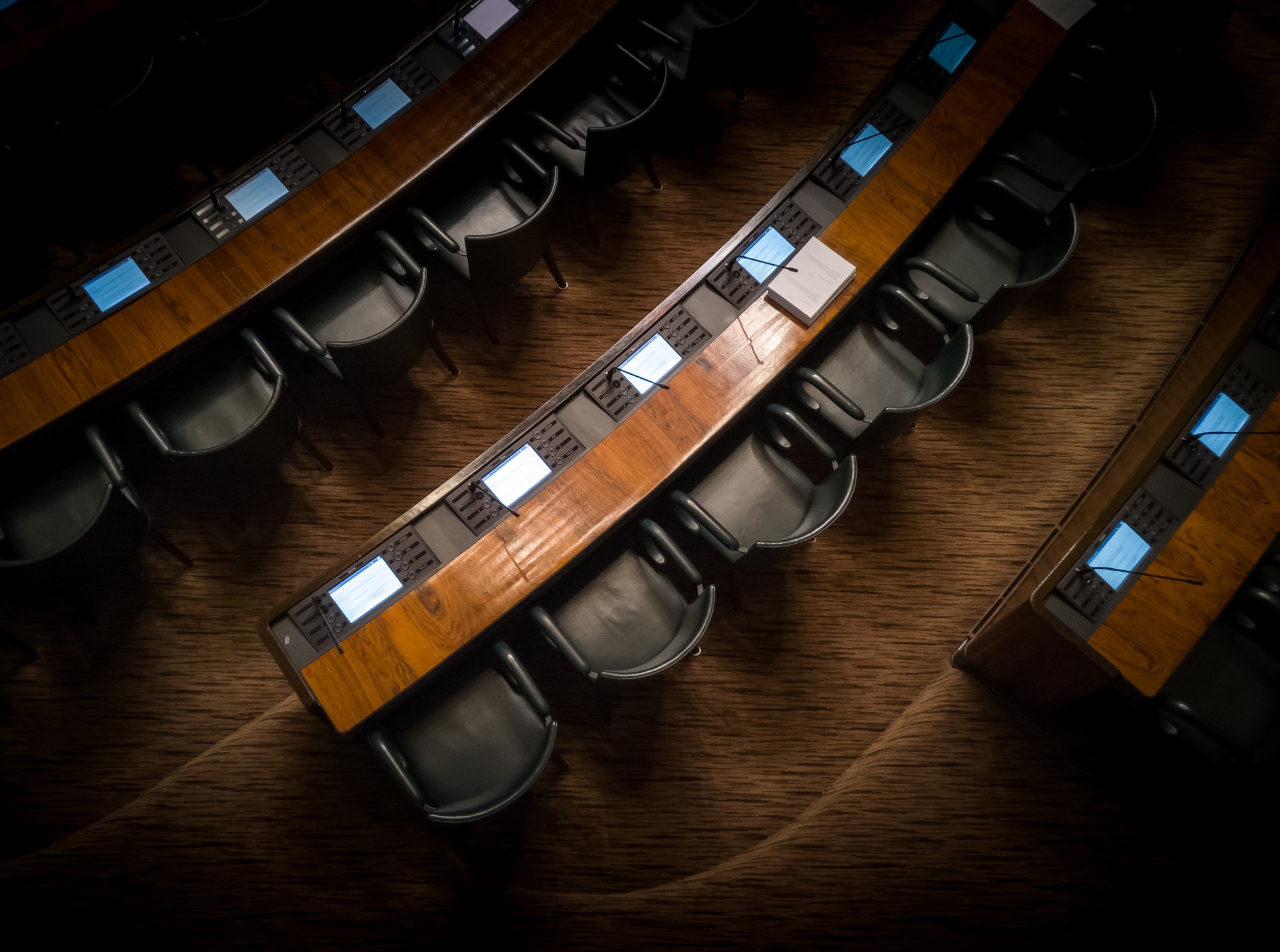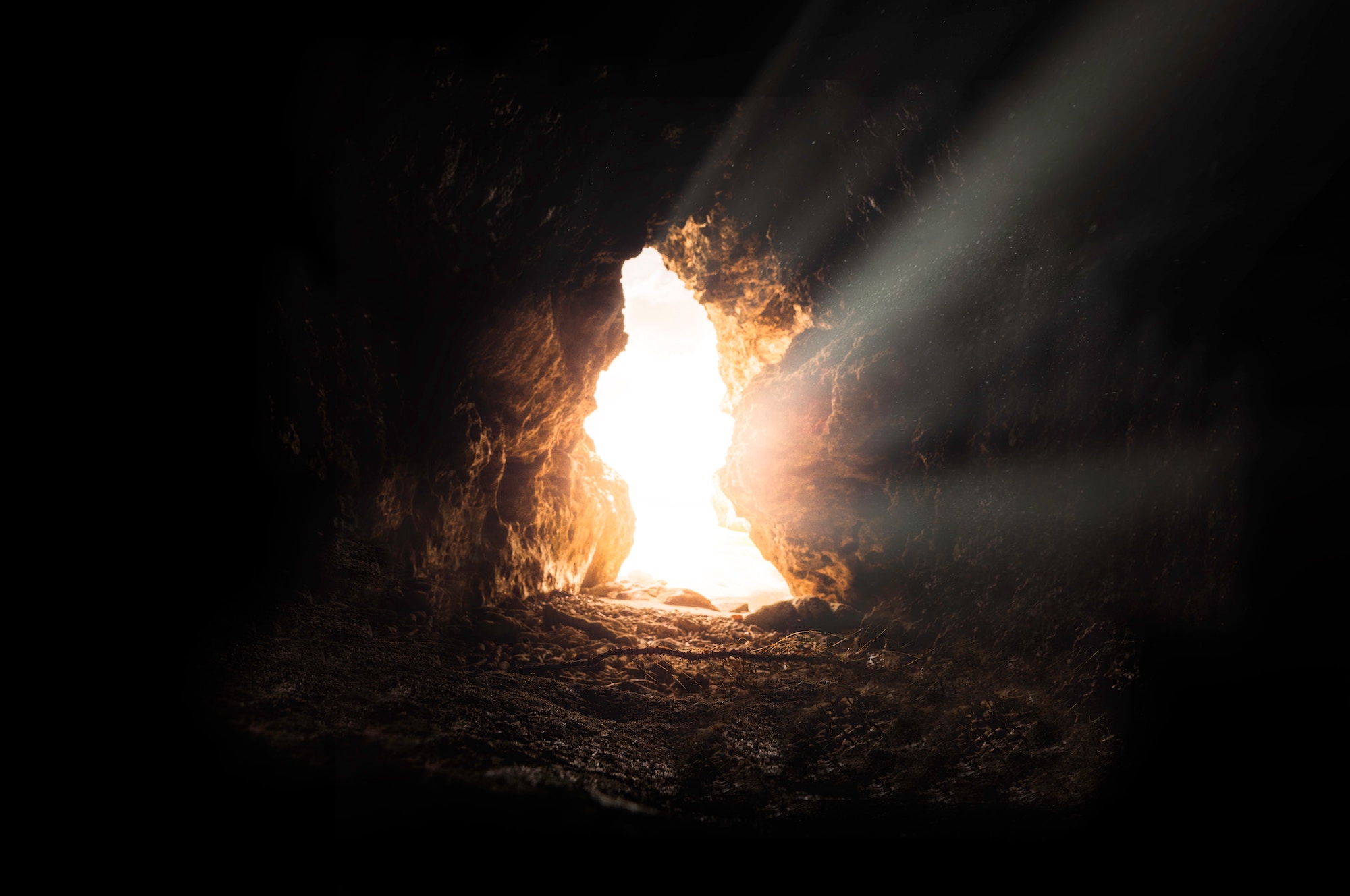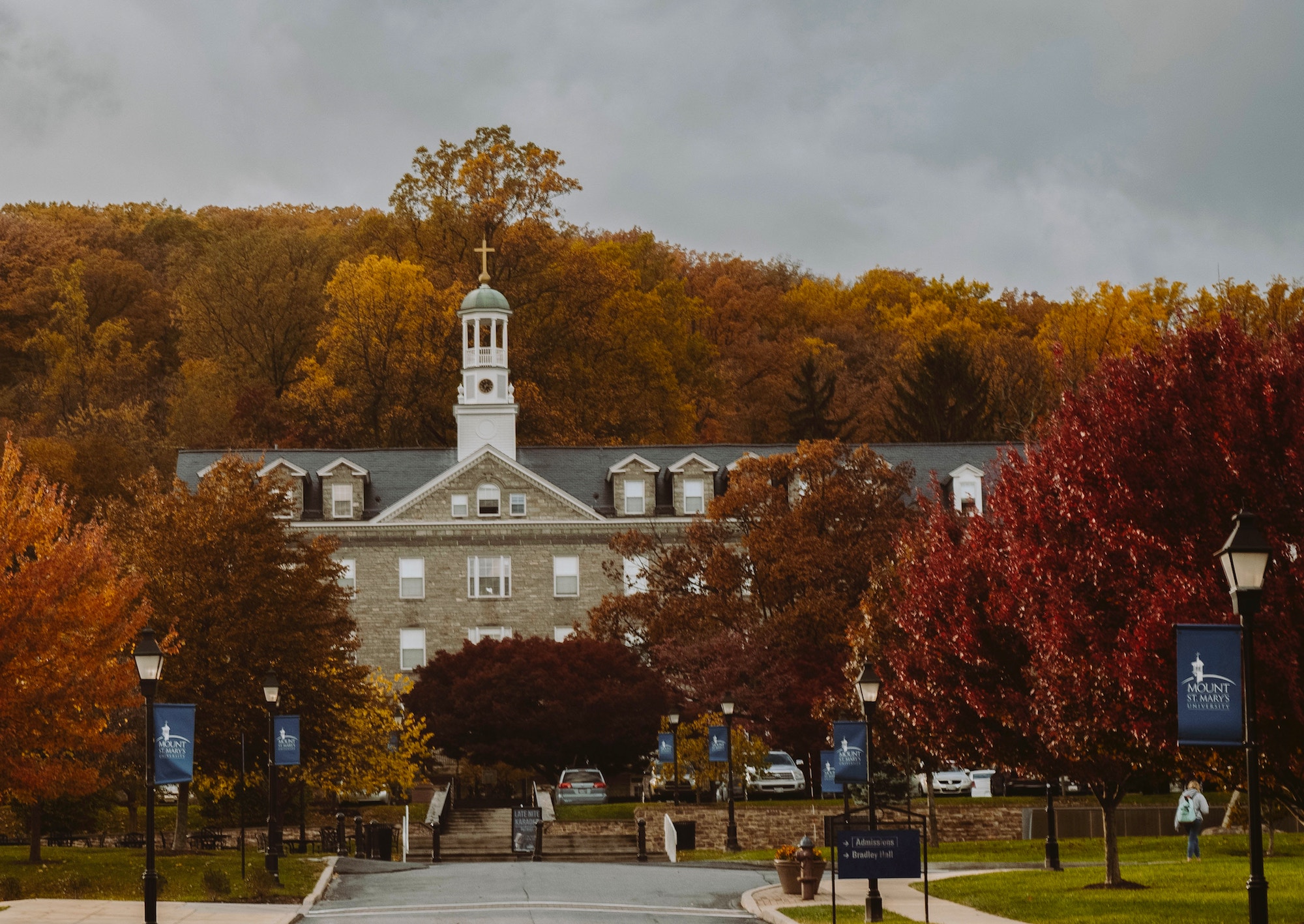
Subversive Christian Allegory in In the Heat of the Night (1967) Post
Overlooked by film critics, screenwriter Stirling Silliphant crafted subversive Christian allegory into his Academy Award-winning adaptation of mystery novel In the Heat of the Night. This essay demonstrates that Silliphant reframed both the book’s main character, Virgil Tibbs, and the book’s murder victim as countercultural Christ-figures who confront the lifeless and racist cultural Christian religion…




















